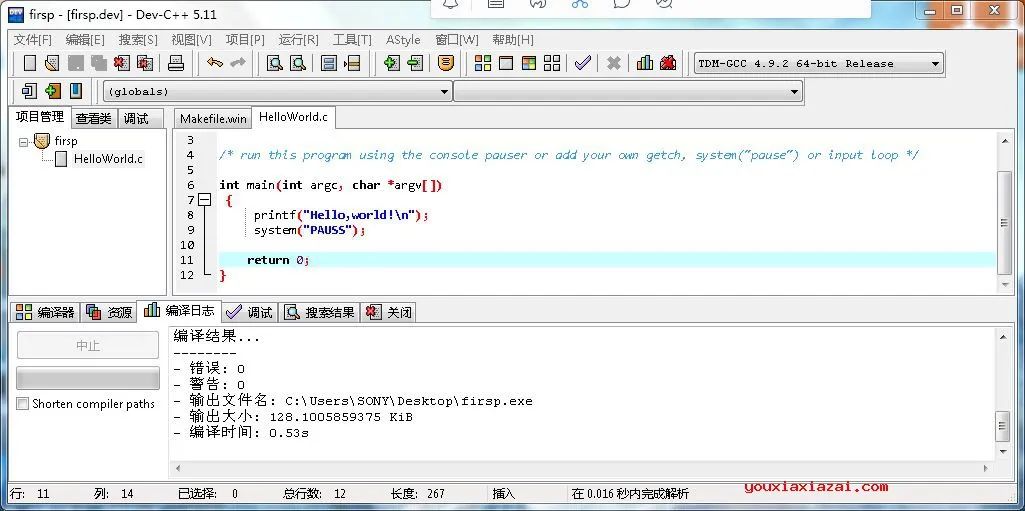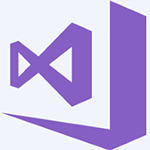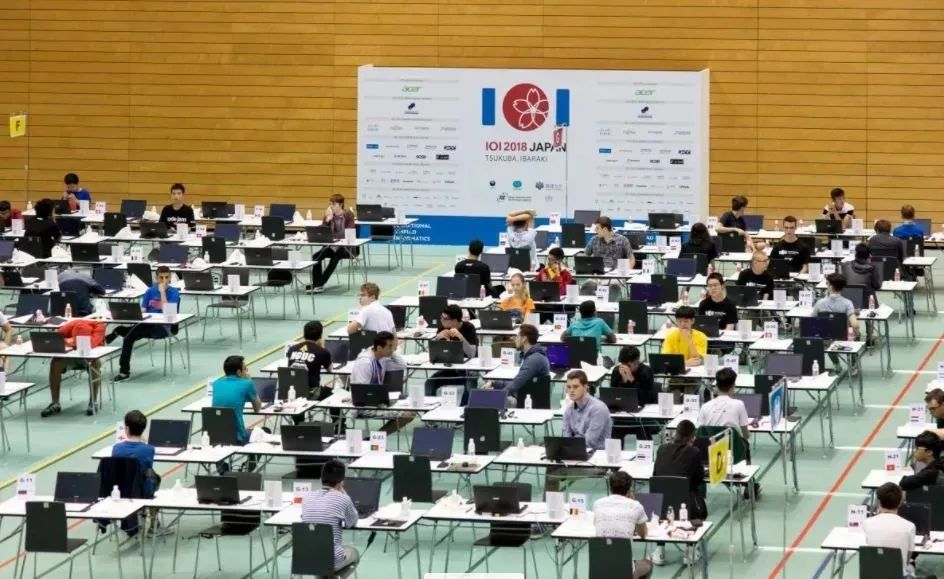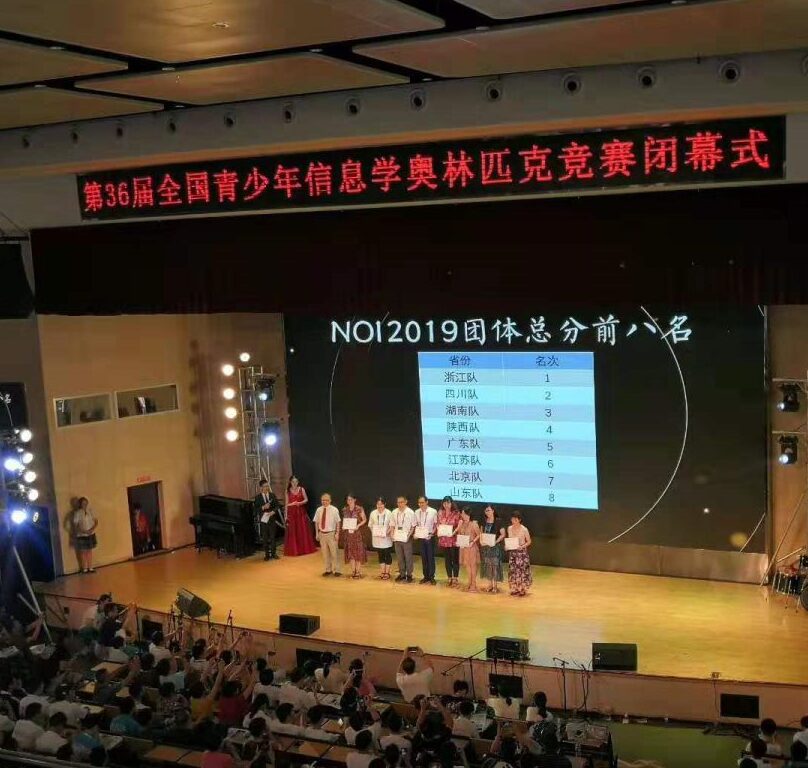
What is C++?



C++ Programming
C++ is a high-level programming language that evolved from C language, developed by Bjarne Stroustrup at AT&T Bell Labs in 1979.
C++ can perform procedural programming as in C, as well as object-oriented programming characterized by abstract data types, and it can also implement polymorphic object-oriented programming.C++ excels at object-oriented programming while also supporting procedural programming.
C++ possesses practical features for computer operation while aiming to improve programming quality for large-scale programs and the problem description capabilities of programming languages.
INTRODUCE
Course Introduction
Course Overview
The course primarily uses C++ for programming learning, covering C++ programming basics, algorithms for beginners, advanced algorithms, and pre-competition training.
Teaching Method
Offline Teaching
Target Audience
Age 10 and above

1. The Only Designated Language for the Informatics Olympiad
The Olympiad in Informatics is a competitive activity focused on testing participants’ intelligence and their ability to solve problems using computers. Contestants must first construct mathematical models based on the competition questions, then develop algorithms that computers can accept, and finally write programs that computers can execute. Programming is the fundamental skill of informatics competitions, and participants must first master a programming language, currently allowed programming languages include C++.

2. C++ Applications in Various Fields
Gaming Industry: Almost all AAA games are written in C++. It is widely recognized that game development is one of the highest-paying jobs in the software industry, and it is also one of the most in-demand fields. Since speed is crucial, writing efficient code is the basic requirement. Besides knowing C++, mastering game development requires a focus on theory and patterns rather than just specific APIs or libraries. Additionally, one must possess excellent graphics and mathematical skills, which are enough to keep you learning throughout your life.
HPC: Processing data at extreme speeds requires a deep understanding of the underlying hardware, which can be directly applied in languages. The emergence of General-Purpose Graphics Processors (GPGPU) and parallel computing frameworks like CUDA and OpenCL has created a demand for C++ programmers with such technologies. There are still many opportunities in the field of scientific computing.
Compilers: The LLVM project is so successful that it’s hard to find a popular language that hasn’t either used the LLVM library to write its frontend or hasn’t used LLVM to generate bytecode, and all of these are in C++. Although compilers are written in various languages, the underlying implementation principles are the same. We work with optimizers, static analysis programs, debuggers, standard libraries, linkers, and all other related tools.

3. Helps with Academic Advancement and Studying Abroad
C++ can assist students in gaining admission to prestigious schools, such as Renmin University Affiliated School, Peking University Affiliated School, and Capital Normal University Affiliated School, which value students with excellent results in informatics competitions. Additionally, programming has become a popular recruitment project for science and technology students in many developed cities like Beijing and Nanjing, and C++ has become a key skill for students to enter key middle schools. Furthermore, Tsinghua University, Peking University, 211 universities, and 985 universities all offer admission policies for top programming students, and C++ helps with college entrance exam self-recommendation to prestigious schools. At the same time, learning C++ can also enhance a child’s competitiveness for studying abroad, exposing them to cutting-edge artificial intelligence technology and making studying abroad easier!
4. Boosts Future Career Prospects
By deeply learning C++, obtaining the CSP award, children will easily secure offers from multinational companies and become elites in the field of artificial intelligence, leading the era of artificial intelligence.


C++ is the competition language for the Olympiad in Informatics, and C/C++ has profoundly influenced the later emergence of advanced development languages. C++ even impacts the entire world of computer development languages. Every step in the evolution of computer technology represents a technological advancement, an innovative thought, a solution to problems, and a breaking of limitations.
Additionally, since C++ is fully compatible with C language, and C language can operate almost every resource in computer hardware, in-depth learning inevitably involves understanding computer architecture, which is a technical opportunity to open the CPU shell and examine the core. Therefore, when we encourage children to participate in the Olympiad in Informatics, we do not focus on obtaining awards and honors, but rather hope that children can delve into technology during the learning process, appreciate the beauty of algorithms, contemplate the thoughts of C/C++ inventors, and gain truly valuable life experiences. The C++ course is aimed at students aged 10-17, whether they are beginners with no background or have learned programming-related courses such as Scratch/Python/robotics, they can successfully master C++ and the data structures and algorithms assessed in the Olympiad in Informatics, achieving excellent results in the competition.
The C++ course includes:
1. Master the basic concepts and commonly used methods of 82 basic syntax and 35 advanced syntax in C++, such as input and output, variables and data types, conditional branches, loops, functions, file reading and writing, arrays, pointers, structures, strings, sorting, etc.
2. Gradually master 97 algorithm and data structure knowledge points modules for beginners, such as enumeration, searching, graph theory, searching, divide and conquer, dynamic programming, union-find, lowest common ancestor, etc.
3. Progressively master 98 algorithm and data structure knowledge points modules for advanced groups up to provincial selection, such as bipartite graph determination, KMP algorithm, RMQ problem, treap, Aho-Corasick automaton, etc.
4. Master 200 essential mathematical knowledge and applications for participating in the preliminary rounds of the Olympiad in Informatics, such as permutations, combinations, sets, mathematical logic, etc.
5. Complete thousands of classic problems training for the Olympiad in Informatics, combining theory and practice to truly reach the level of winning awards in the Olympiad.



<Swipe Left and Right to See More>

END